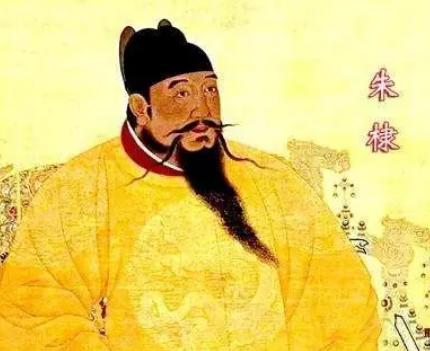In the long history of China, the Western Zhou Dynasty left a profound imprint with its unique social structure and political organization. Among them, the feudal system, as the foundation of the Western Zhou society, not only embodied the wisdom of governance at that time, but also had a profound impact on the political pattern of later generations in China. This article will focus on the "Detailed List of Feudal States in the Western Zhou Dynasty" to explore the specific content, implementation reasons, and historical significance of this system.

I. The Connotation and Purpose of the Feudal System:
In the early Western Zhou Dynasty, in order to consolidate the rule of the Zhou royal family, maintain social order, and effectively manage vast territories, the Zhou emperor adopted the feudal system. The core of this system lies in sealing trusted officials or heroes as feudal lords, granting them a certain amount of land and population, and establishing a series of semi-independent feudal states. These feudal states nominally obeyed the leadership of the Zhou emperor but actually possessed greater autonomy. The purpose of the feudal system was to achieve a balance between centralization and local autonomy by establishing an alliance system based on blood ties or merits, thereby consolidating the ruling foundation of the Zhou Dynasty.
II. Interpretation of the Detailed List of Feudal States in the Western Zhou Dynasty:
According to historical records, the Western Zhou Dynasty feudalized hundreds of feudal states, which varied according to their geographical location, the identity of the recipients, and the obligations they bore. The detailed list records information such as the names of each feudal state, their territories, and the identity of the recipients. For example, Duke Zhou Gongdan was feudalized in Lu, and Duke Shao Gongshi was feudalized in Yan. These were close relatives of the Zhou royal family. Some heroes, such as Jiang Ziya, were feudalized in Qi due to their contributions during the establishment of the Zhou Dynasty.
III. The Historical Impact of the Feudal System:
The implementation of the feudal system, on the one hand, established the ruling order of the Western Zhou Dynasty and strengthened central control over local areas. On the other hand, over time, some feudal states gradually grew stronger and began to challenge the authority of the Zhou royal family, leading to the feudal rivalry during the Spring and Autumn and Warring States periods. In the long run, this system laid the foundation for the feudal society in Chinese history and influenced the construction of local administrative systems in later generations.
Conclusion:
The detailed list of feudal states in the Western Zhou Dynasty is not only a document recording ancient political events but also an important resource for studying ancient Chinese political systems and social structures. Through a deep understanding of this system, we can better grasp the characteristics of Chinese feudal society and how it shaped the course of Chinese history. Although the feudal system has become a thing of the past, its historical relics and cultural connotations still deserve our exploration and reflection.
Disclaimer: The above content is sourced from the internet and the copyright belongs to the original author. If there is any infringement of your original copyright, please inform us and we will delete the relevant content as soon as possible.
































